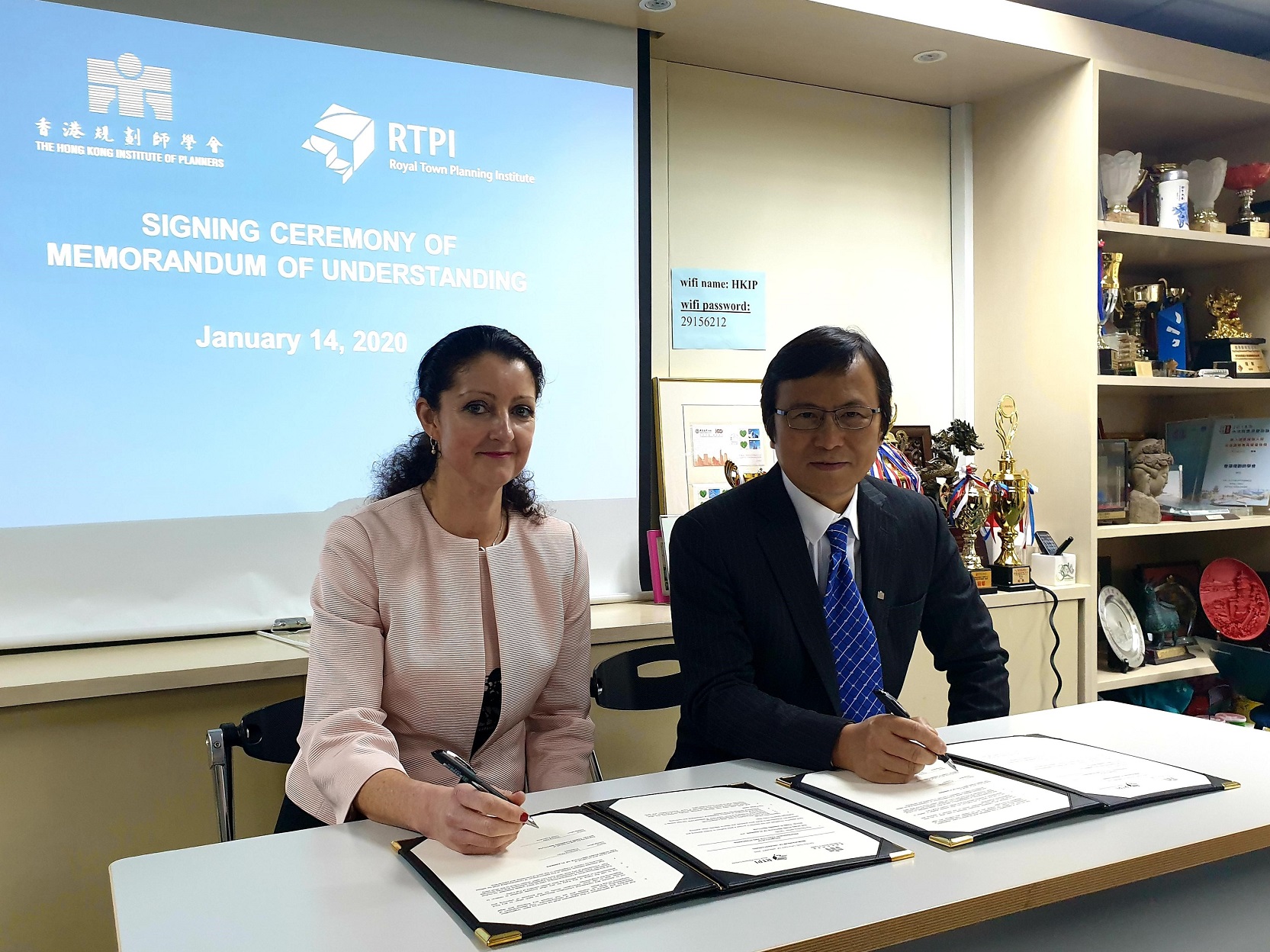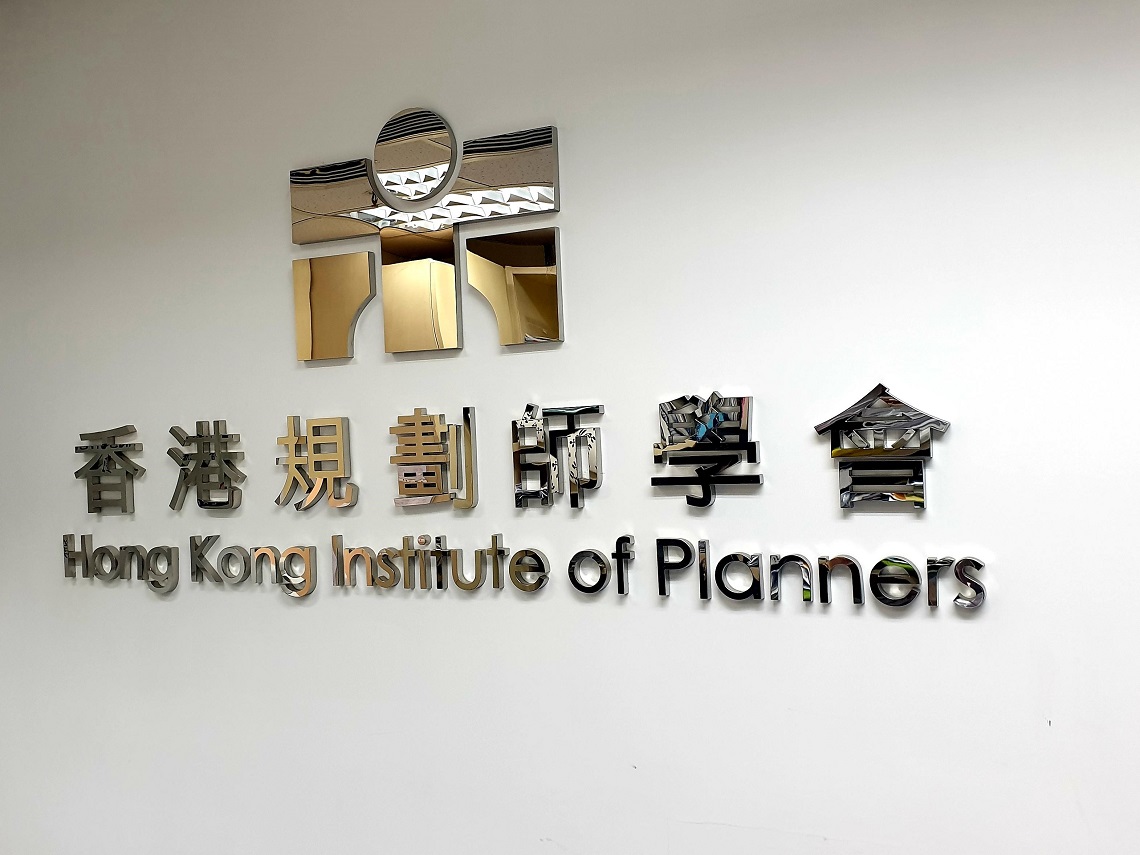RTPI strengthens relationship with Hong Kong planners
The chief executive of the Royal Town Planning Institute (RTPI) has signed a Memorandum of Understanding with the Hong Kong Institute of Planners (HKIP) in a bid to strengthen relations between the two organisations.

Victoria Hills signed the document as part of a visit to a HKIP Council meeting in Hong Kong this week. As part of the meeting she delivered a seminar on the RTPI’s key priorities for the next decade, set out in a new corporate strategy that will be formally launched on January 22.
Ms Hills also spoke about potential opportunities for the RTPI and HKIP to work more closely together to strengthen the relationship between the two bodies.
She said: “In signing this MOU, the RTPI has laid some important foundations for delivery of its new vision to be a global leader for the town planning profession and for a forthcoming revamped international strategy.
“The MOU will allow us to work more closely with HKIP to foster knowledge exchange on policy and practice, mutual visits and invitations to each other’s programmes and information sharing on routes to professional membership and CPD frameworks. We look forward to strengthening the relationship in the coming years.”

The two bodies will also explore the possibility of co-badging a number of HKIP events as RTPI ‘Core CPD’. The Institute’s Core CPD Framework highlights the skills and knowledge areas members need in order to meet the planning challenges of today and the future.
As part of her visit to Hong Kong Ms Hills also attended a partnership board meeting at the University of Hong Kong, which runs RTPI-accredited town planning courses, and met overseas RTPI members.
The Chinese territory has its own separate planning system which has been characterised by strong public investment. It is considered one of the best global examples of an outstanding approach to join mass transport infrastructure and housing delivery, which has allowed efficient land use allocation.
HKIP was founding in the 1970s and currently has about 750 members.





















